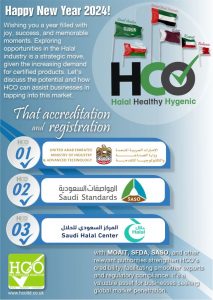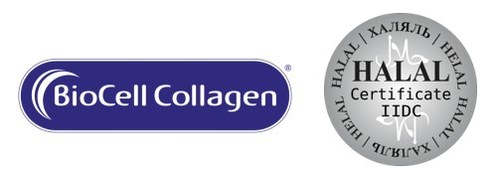CONFERENCE THEME: “GLOBALISING THE TRUST IN HALAL CERTIFICATION”
Certification must translate into “trust”. Even more so when it comes to the matter of halal.
From the perspective of consumers, it is becoming more and more difficult to determine the halal authenticity of food, cosmetics and other daily consumables, due to complicated production processes and uncertainties about the ingredients and chemicals used in their production. Unreliable or false halal markings and certificates, which exist even in highly regulated markets, also constitute a significant problem that undermines the consumers’ trust in halal certification. Would a global halal certification system based on internationally recognized best practices be a viable solution to this problem?
As for the traders’ perspective… For some markets, the halal certificate is a tool that makes the product more attractive in the eyes of halal-sensitive consumers, and therefore more competitive. For other markets, the halal certificate might be a prerequisite demanded by retailers, or even a mandatory requirement imposed by government agencies. The big questions here are: Which halal certificate, and according to which standard or regulation? In the current state of affairs, traders often have no solution but to apply for several halal certificates, one for each target market. This leads to additional costs and uncertainties that disrupt trade. Would a global halal certification system based on a single standard be a
reasonable solution to this problem?
What about government? Regardless of whether halal certification is mandatory or voluntary in a given country, it is first-and-foremost a matter of consumer protection policy. It is also a matter of trade policy, since halal certification schemes based on different standards imposed by different countries inevitably lead to technical barriers to trade. Is the existence of multiple national or regional halal certification schemes a sign of distrust, even among Muslim countries? More importantly, is it possible for all Muslim countries around the world to come together and develop a common halal certification system based on mutual trust? One that allows equal participation of all Muslim countries?
The answer to all these questions is YES, YES and YES!
This is why SMIIC, the Standards and Metrology Institute for Islamic Countries was established in August 2010. SMIIC’s standards and certification scheme were developed with the contribution of over 40 countries, in a combined effort to create a single global halal certification scheme that would benefit all OIC member states. As a member-driven Organization, the entirety of SMIIC’s work and products have been prepared by government representatives, technical experts, academicians and religious scholars assigned to participate in SMIIC’s technical committees. As a result, SMIIC now boasts a range of halal standards from food, cosmetics and textiles to management systems, tourism, conformity assessment and laboratory services.
This conference brings together representatives from consumer organizations, traders, and governments to discuss the factor of “trust” in the halal certification market, and also to highlight the SMIIC’s role in facilitating trust for consumers, trust in the trade, and trust among governments in the context of halal quality infrastructure.
In this sense, the Conference will have three dedicated sessions on the following topics:
-
Session 1: Halal laboratory practices
-
Session 2: Qualifications of personnel working in the halal industry
-
Session 3: Using technology and blockchain as trust-building tools in the halal certification sector
We hope you find the Conference useful!
Conference Programme: Globalising the Trust in Halal Certification
* All times are indicated in Ankara (GMT +3) time.
*You may download the PDF version of the Programme from this link.
___
For Registration on Zoom
Link: https://us02web.zoom.us/j/87842135413
Password: 1301
E-mail: projedestek@hak.gov.tr
To Follow on YouTube
https://youtu.be/RgysdjTdPw8




